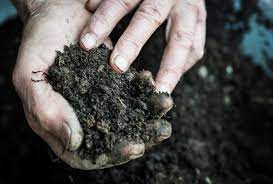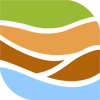Cooperative company IFFCO has developed the world s first Nano Urea fertilizer. Its production will start from June and will be offered to farmers around the world. The company said on Monday that indigenously developed Nano Urea is in liquid form and is priced at Rs 240 per 500 ml. It is 10 per cent cheaper than the cost per bag of traditional urea.
Apart from Nano Urea IFFCO s e-commerce platform WWF Ifcobazaar.com (www.iffcobazar.in), this can be achieved through cooperative sales and marketing arrangements. Let us tell you that this nano urea was presented at the 50th annual general meeting of IFFCO here. The meeting was held both directly and on-line.
Indian Farmer Fertilizer Cooperatives Limited (IFFCO) said in a statement, "IFFCO Nano Urea Liquid will be cheaper for the farmers. This will be effective in increasing the income of the farmers. A 500 ml bottle of nano urea will equal at least one sack of traditional urea. Hence, it will reduce the cost to the farmers. Nano urea production will start from June this year and commercial production will start soon thereafter.
Highlighting the benefits of the new product, IFFCO said that it is a robust solution for plant nutrition by reducing the excessive use of urea and making the crops stronger and healthier. Nano urea has been developed in place of conventional urea and can reduce the requirement of conventional urea by at least 50 percent. It states that the nitrogen available in it is equal to the nitrogen nutrient effect of a bag of conventional urea.
As it is being introduced in Batal, it will reduce its transportation and storage costs. In addition, the new product will help in reducing soil, water and air pollution besides being helpful in reducing the problem of increasing the temperature of the atmosphere.
According to IFFCO, Nano Urea has been recognized under the Fertilizer Control Order of the government after being tested in fields on 43 crops under the National Agricultural Research System (NARS), 20 ICAR research institutes, state agricultural universities and agricultural science centers.
This news has not been edited by Apni Kheti staff but has been published by various news feeds
Source: Amar Ujala










